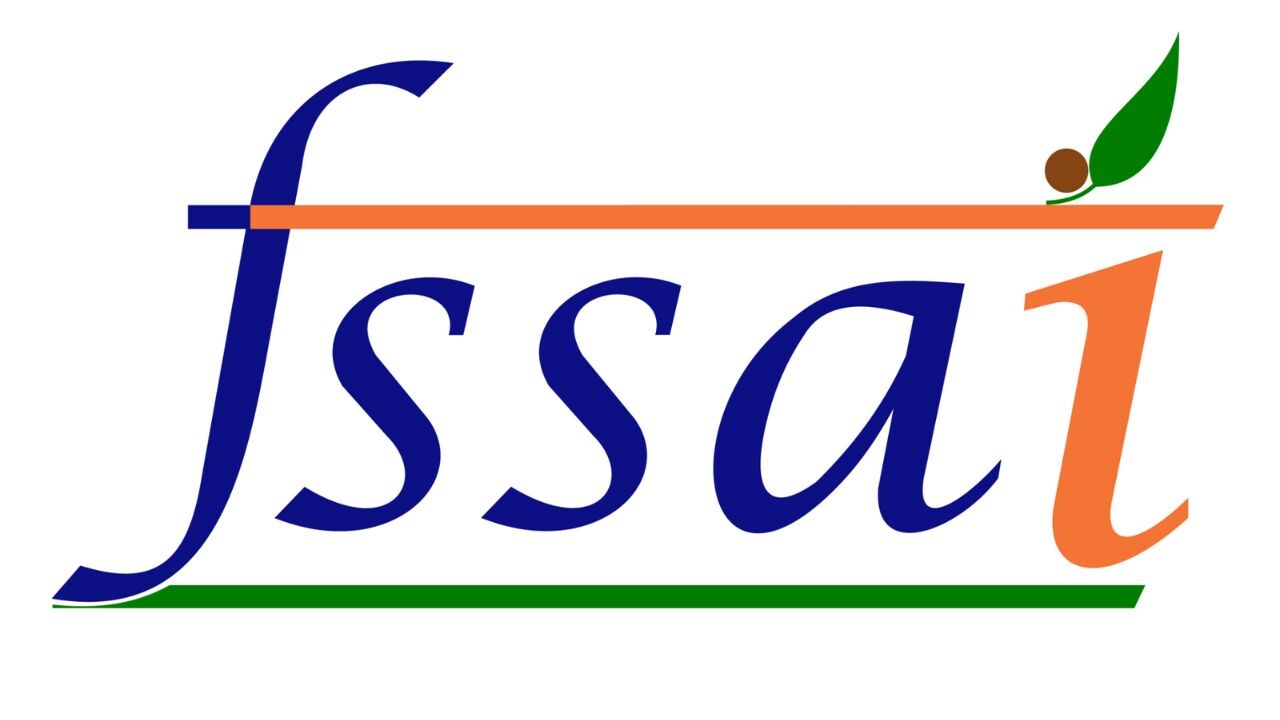On August 18, the Food Safety and Standards Authority of India (FSSAI) unveiled a significant new project designed to tackle the issue of microplastic contamination in food. The initiative, which commenced in March, focuses on developing and validating analytical methods for detecting micro and nano-plastics in various food items. The project also aims to evaluate the prevalence and potential health impacts of these contaminants nationwide.
Key objectives of the project include establishing standardized protocols for analysing micro and nano-plastics, conducting comparative studies across different laboratories, and gathering crucial data on the levels of microplastic exposure among consumers. This comprehensive approach is intended to provide a clearer understanding of the extent of contamination and its potential health implications.
The study is being carried out in collaboration with several esteemed institutions, including the CSIR-Indian Institute of Technology Research in Lucknow, the ICAR-Central Institute of Fisheries Technology in Kochi, and the Birla Institute of Technology and Science in Pilani. These partnerships are expected to enhance the accuracy and reliability of the findings.
The initiative follows a recent report by the Food and Agriculture Organization (FAO), which revealed the presence of microplastics in common food products such as sugar and salt. The FAO’s findings underscored the urgent need for more detailed data to fully understand the health risks associated with microplastic consumption.
The FSSAI’s project represents a crucial step towards addressing this emerging food safety concern. It also aims to ensure that food products in the country are free from harmful plastic contamination.
